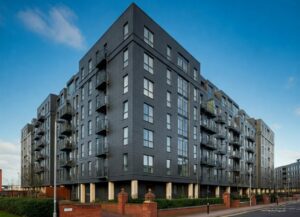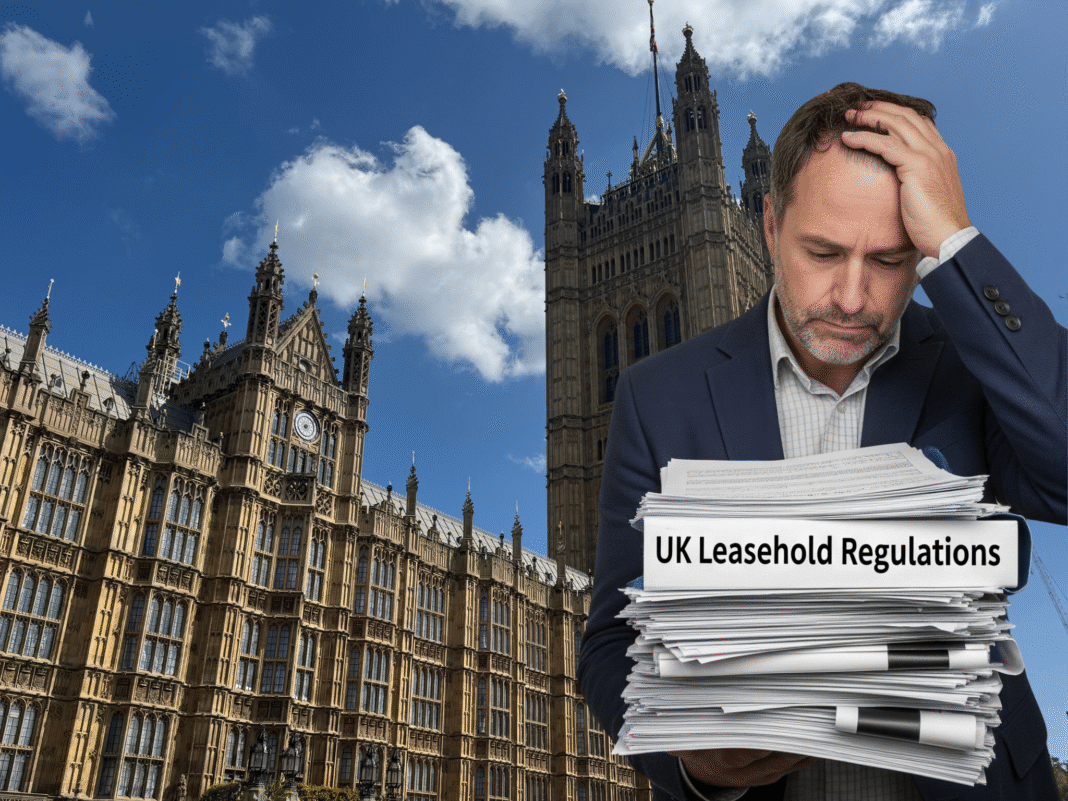Leasehold restrictions are deterring landlords from letting flats and limiting their ability to improve properties and threatening a vital part of the rental market, new research suggests.
The latest Lettings Report from LRG (Leaders Romans Group) found that 58% of flats let by landlords are leasehold.
Almost half of those landlords – 46% – said their biggest challenge was dealing with service charges, coordinating communal repairs or having no control over building-wide decisions.
More than a third (34%) said they now actively avoid letting flats due to leasehold-related issues or the complexity of building management structures.
RESTRICTING LANDLORDS

LRG warned that without reform, the proportion of landlords willing to rent out flats is likely to shrink, reducing the supply of affordable homes at a time of high demand.
Tenant confidence in how buildings are managed also appears low, with only 39% of flat renters saying they were satisfied with management arrangements.
Dissatisfaction was often linked to the condition and upkeep of shared areas, which landlords in leasehold properties typically have little influence over.
LEASEHOLD CONCERN
Leasehold structures are also hampering progress towards the government’s energy efficiency targets.
Half of landlords surveyed said EPC rules should reflect whether leaseholders are legally able to carry out necessary works. In many cases, upgrades require permission from freeholders or managing agents – consent that is not guaranteed.
UK Finance estimates the average cost of improving a home to EPC band C is £6,800, with flats and older buildings often costing significantly more.
UNREALISTIC TIMELINE
The National Residential Landlords Association has warned that the government’s current timeline for improving the energy performance of rental homes is unrealistic, particularly for properties where building-wide consent is needed.

Allison Thompson, national lettings managing director at LRG, says: “Flats are a vital part of the rental market, particularly for first-time renters and young professionals.
“But many landlords are now telling us they simply cannot meet expectations in these properties because they do not control the wider building.”
And she adds: “This is not about unwillingness. It is about feasibility. Good landlords want to improve homes, but the leasehold structure often prevents meaningful action. Reform is essential if we are serious about raising standards and giving tenants the homes they expect.”
Download the report HERE.









